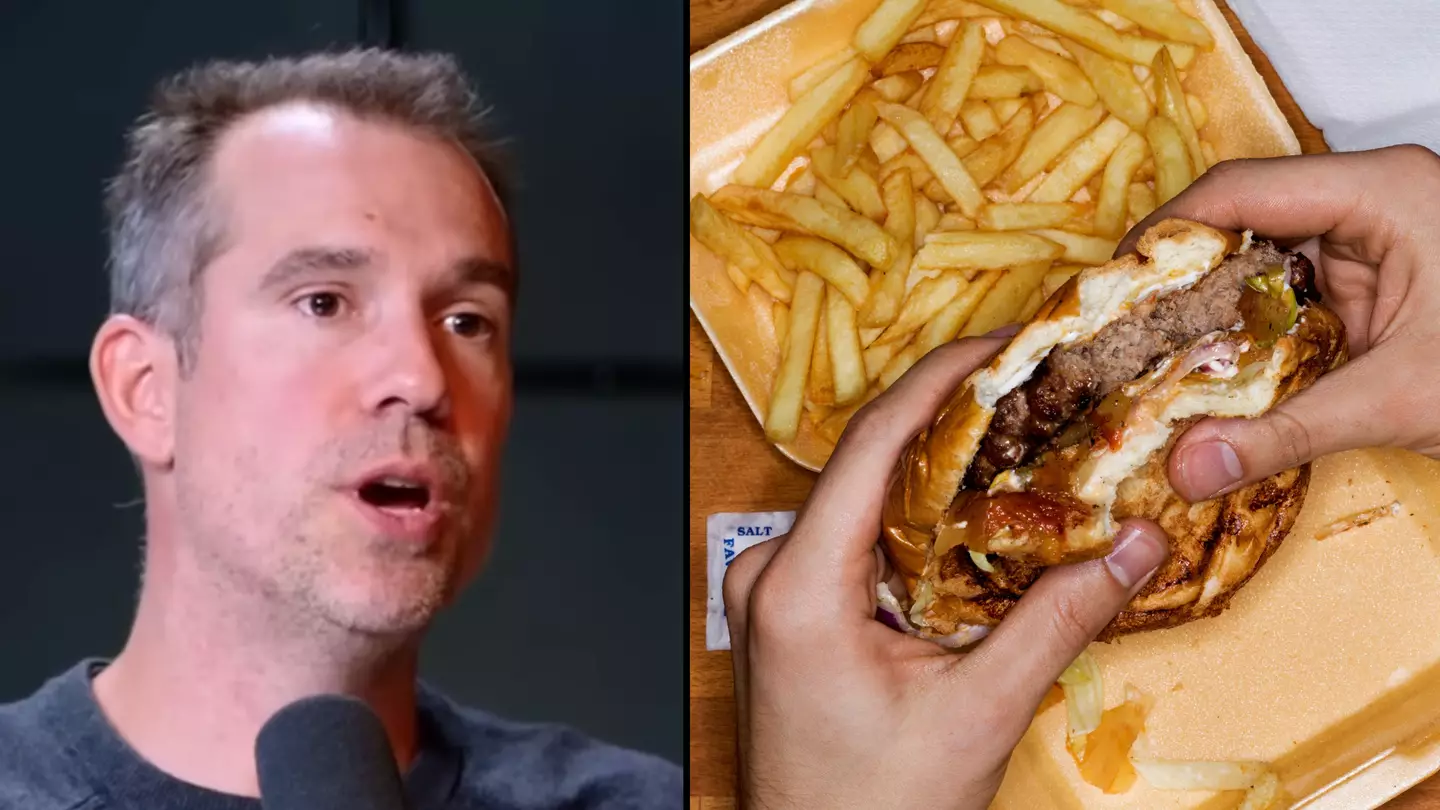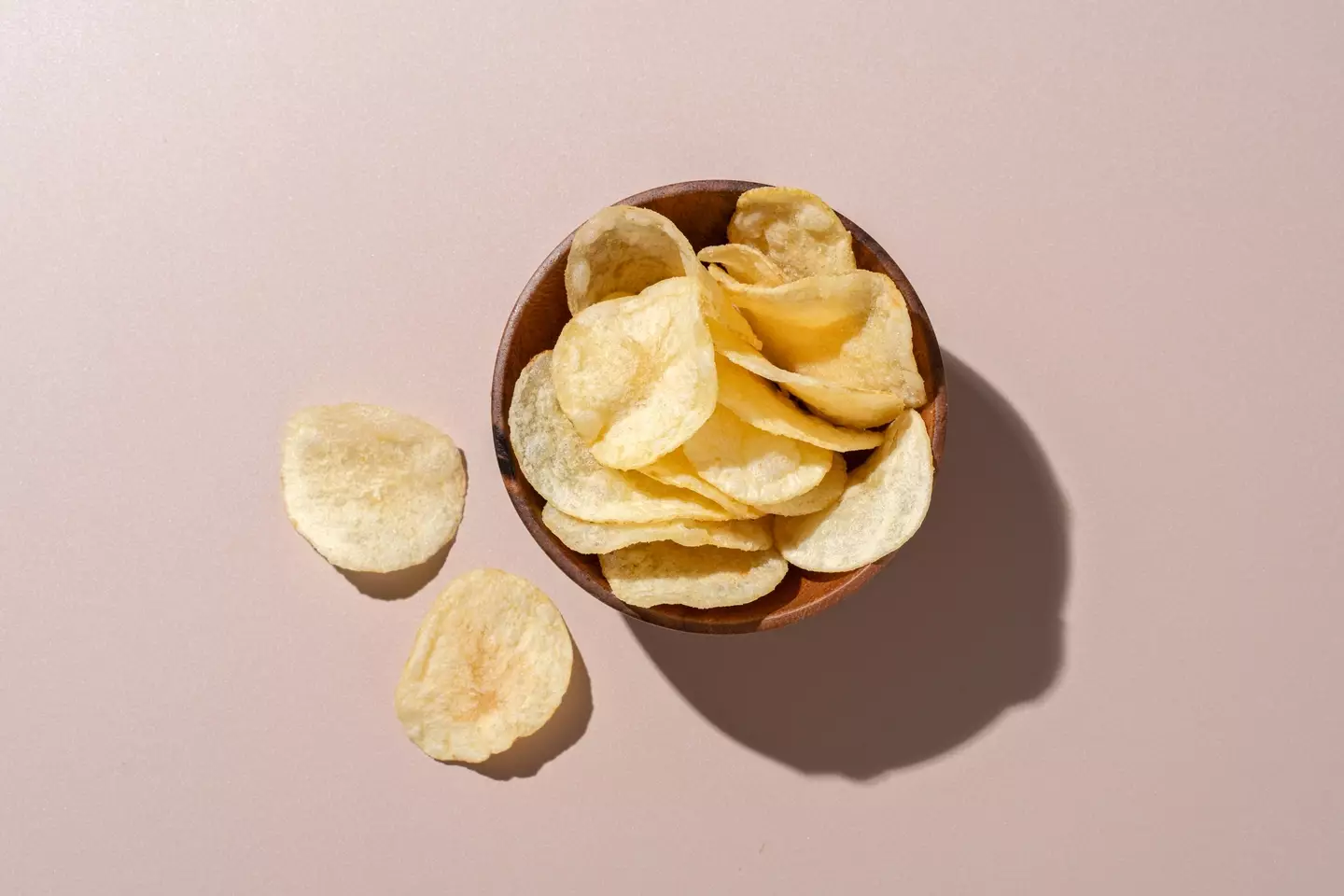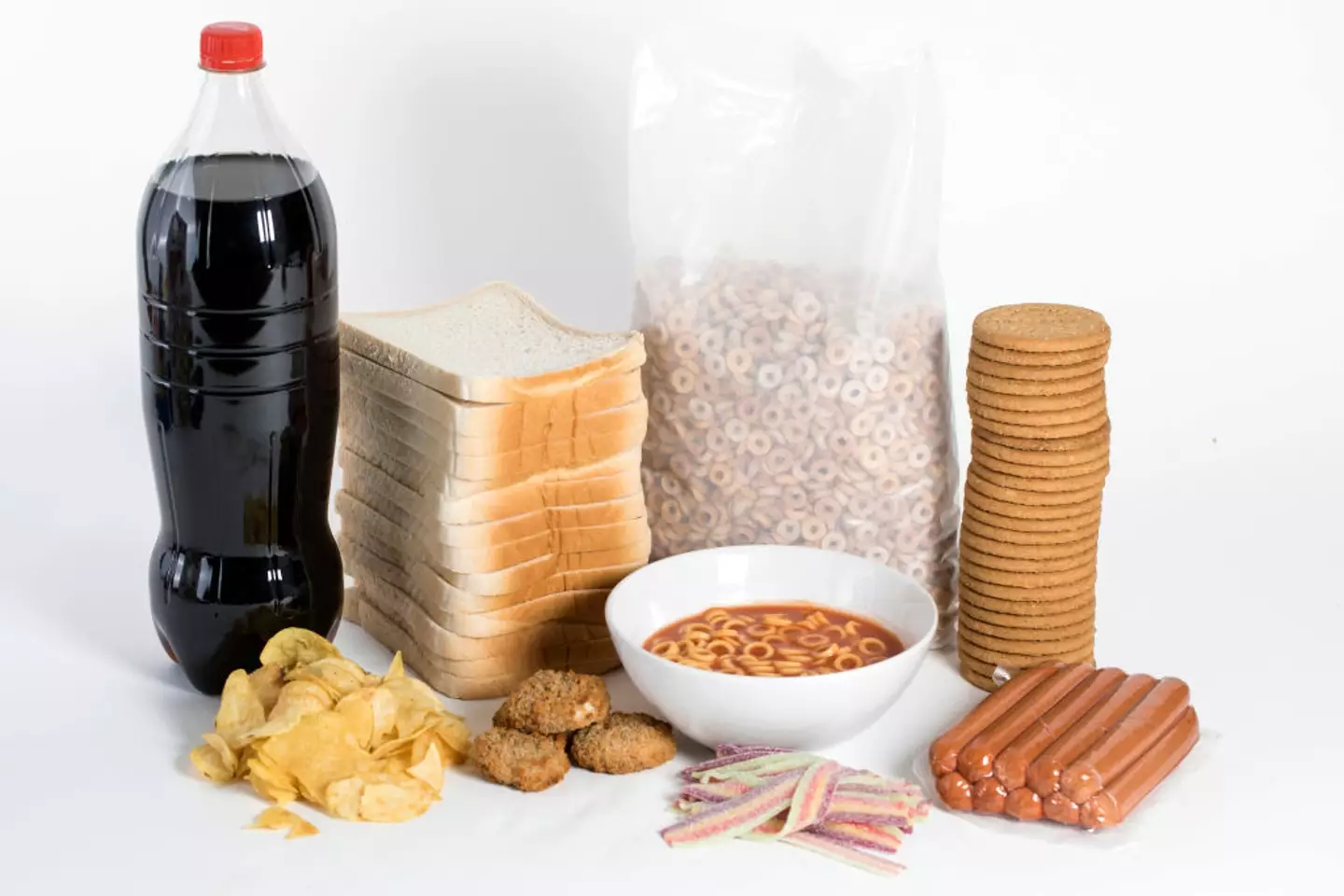
A doctor has urged people to cut out this particular food group if you want to reduce your risk of developing '60% of diseases'.
Thanks to the demanding work day and never-ending juggle between our personal and professional lives, the allure of convenience foods has never been more appealing. After all, who wants to spend hours stood over a stove after eight hours at work when you could quickly sling a ready meal in the oven and then spend that time scrolling on social media?
Well, it turns out this lifestyle isn't exactly the best for you.

What foods do experts say we should avoid?
One person who's keen to highlight the dangers of over-reliance on convenience foods is Dr Chris van Tulleken, doctor of molecular virology, presenter for various BBC medical programmes and author of 2023's Ultra-Processed People.
Advert
Explaining his concerns about modern society's over-dependence on ultra-processed foods, van Tulleken explained how he believes cutting out foods, which are high in sugar and saturated fats, can reduce your risk of developing certain diseases by around '60%' during a previous appearance on Diary of a CEO podcast.
During the interview, Dr van Tulleken revealed to host Steven Bartlett that around 75% of the world's calories come from the same six companies, and added that '15 to 20' companies make 'most of the food' we eat in the UK.
This figure may sound unbelievable when you first hear it, however, it's worth noting the majority of brands on our kitchen shelves come from the same parent brand - and most of these will be filled ingredients we've never heard before.
"The human diet which should in fact encompass thousands, perhaps tens of thousands, of different species of thing has now - because of the pressures of of
Advert
commercial efficiency - become reduced to a very small number of companies," he explained.
What is the difference between unprocessed, processed and ultra-processed foods (UPF)?
The doctor then went on to explain the difference between the food types on the market.
Unprocessed means 'whole' foods, such as fresh fruit and vegetables.
Processed foods, like milk, cheese and smoked salmon, have developed around the world over thousands of years.
Advert
However, when talking about the ultra-processed foods (or the 'modern American diet'), which are designed to be manufactured and sold on an industrial scale, van Tulleken says these are what are harmful to our health.
Examples of UPFs include sweets, cakes, crisps and fast food items.

"One in five people in this country get 80% of their calories from UPF," he explained, adding that he experienced negative side effects such as weight gain, a change to his hormonal response as well as brain behaviour and reward system.
Dr van Tulleken claimed that our risk of developing 60% of UPF related diseases - which includes heart disease, hypertension, diabetes and even some cancers - would be reduced by eliminating these these foods from our diets.
Topics: Health